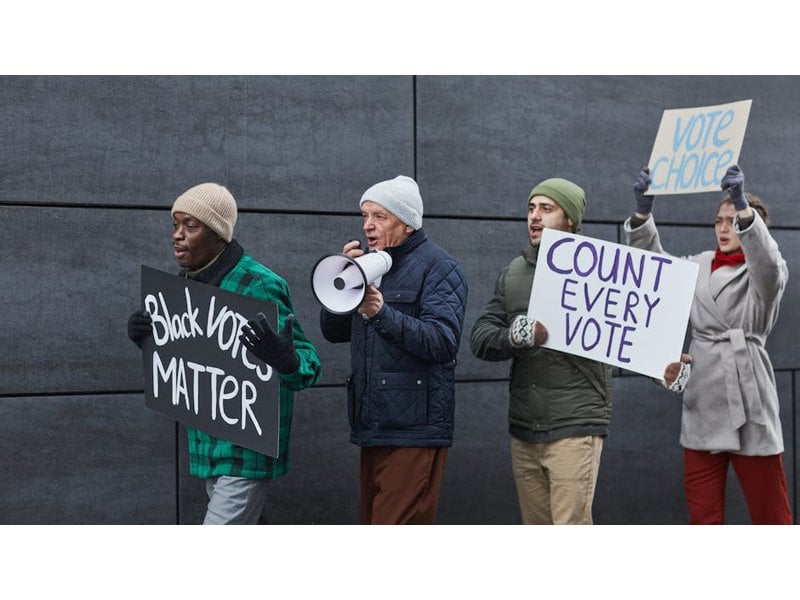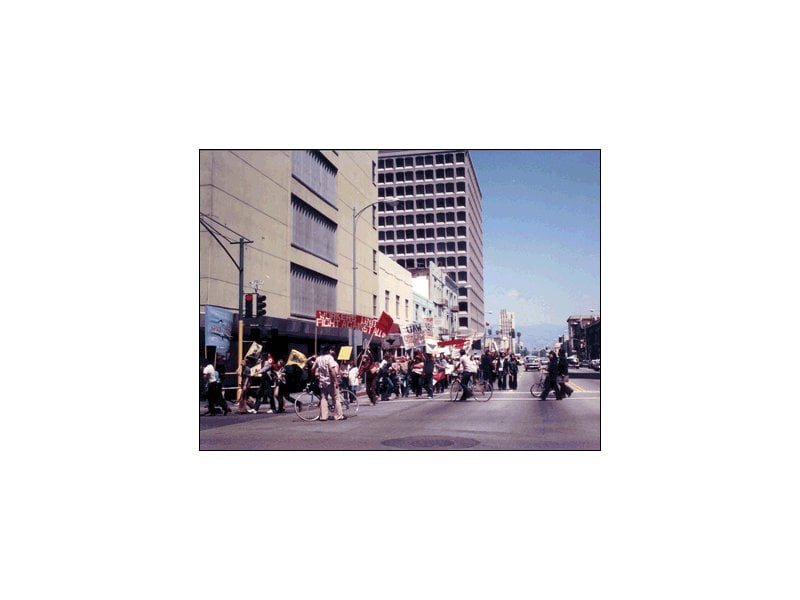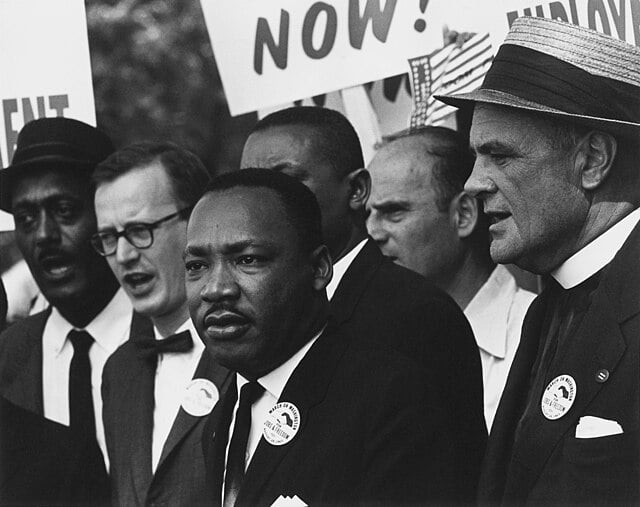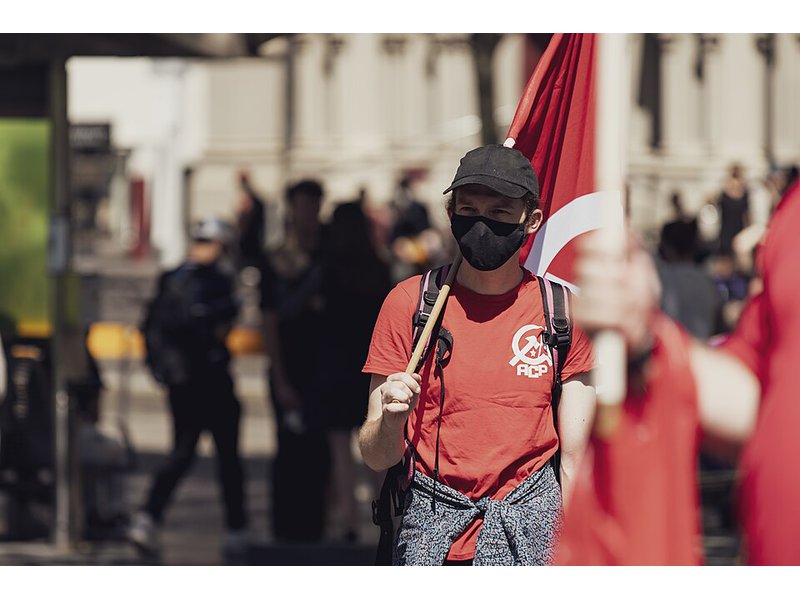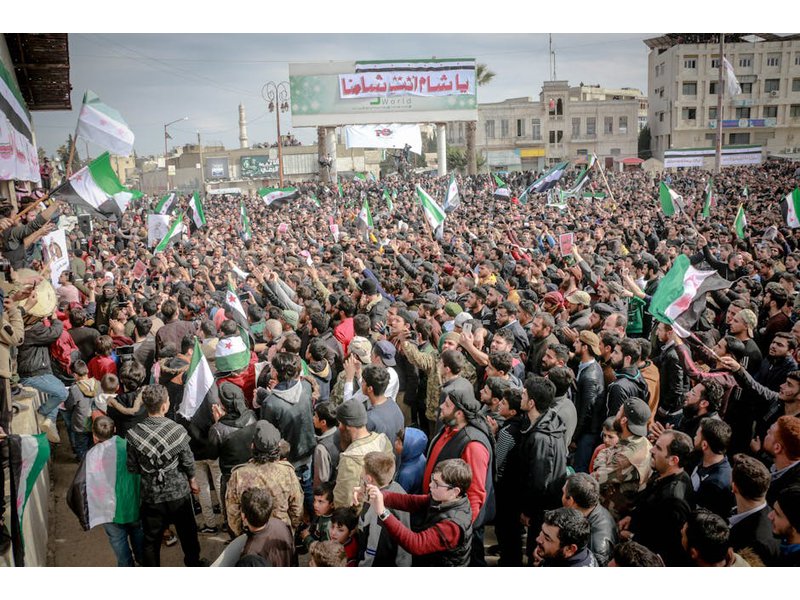184 defiance of blockades
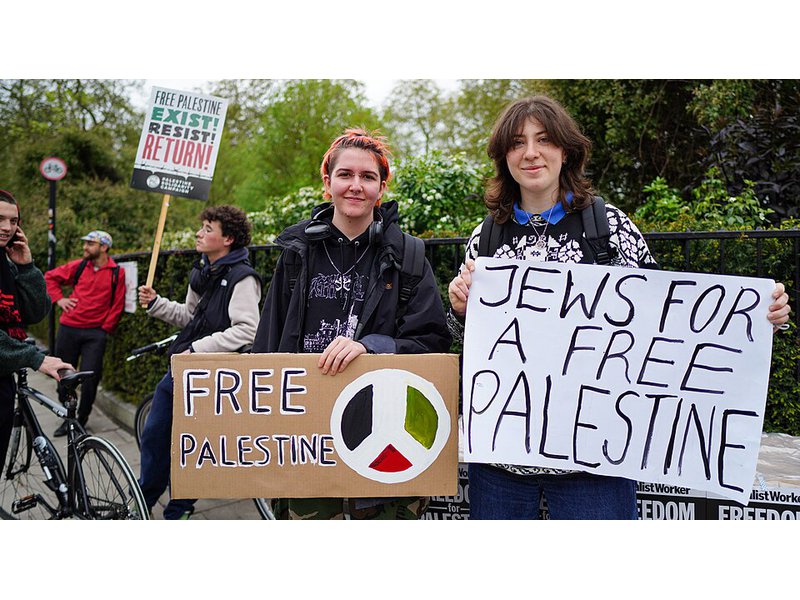
"In the course of international conflict, nations may attempt to exert political pressure by blockading opponents, to exclude certain “strategic goods” of a military nature or to cut off food and other necessary supplies, or both. Defying the blockade without the threat or use of military action, in order to bring food and related necessities to the cut-off population, then constitutes a method of economic intervention which third parties may use to support the besieged country. Such defiance may be made by both private and governmental bodies."...
Potentially awesome partners
High scoring campaigns using this method
Historical cases from the Nonviolent Action Database that used this method
Lithuanians campaign for national independence, 1988-1991
Russia first occupied Lithuania and introduced a program of “Russification,” an attempt to eliminate Lithuanian language and culture in favor of Russian culture, in the mid-19th century. After 22 years of independence from Russia, the Molotov-Ribbent...
Nisqually and Puyallup Native Americans win fishing rights through "fish-ins", 1964-1970
Native Americans have long had to fight with the American government for recognition of their rights to land and to resources. Fishing rights were, however, one of the few rights Native Americans of Washington State thought they had secured. In 1853,...
Palestinians in Bil'in Protest Construction of Israeli Separation Barrier, 2005-2011
In an effort to prevent Palestinian suicide bombers from entering its borders, the State of Israel began constructing a 425-mile separation barrier along its border with the West Bank in June 2002. The separation barrier, known to Israelis as the “Se...
Oromo People protest for against the expansion of the capital, 2015-2016
In Ethiopia, nine ethnic groups each inhabit their own land. The Oromo people are one of the largest groups and inhabit Oromia which is located on the border between South Sudan and Kenya and spreads into the center of Ethiopia. Populations of the Or...
Polish workers general strike for economic rights, 1980
The Soviet forces that liberated Poland from Nazi occupation after World War II installed a government under which workers, employed by state-owned businesses, could not organize or represent themselves. During the 1970s, frustration with the one-par...
Native Americans occupy Alcatraz for land rights, 1969-1971
In the 1950s the Eisenhower administration enacted the Relocation and Termination programs in regard to American Indian federal policy. The first part meant that Native Americans were to relocate from their respective reservations into big cities. In...
Bangladesh factory workers protest for higher wages and better working conditions, 2013
Bangladesh, located to the east of India, is a leading global garment manufacturer, producing clothing for such American companies as Gap, Walmart, and J.C. Penney. The Ready Made Garment (RMG) industry makes up 80% of the country’s exports and emplo...
South Koreans protest against the mishandling of the deaths of two Korean students caused by U.S. Army, 2002-2004
The U.S. Armed Forces had been stationed in South Korea since the end of Korean War in 1954. More than 26,000 soldiers resided in six camps. Heavily dependent on the U.S. military support, the Korean army had an symmetrical relationship with the U.S....
Golan Druze resistance to Israeli forced citizenship, 1981-1982
The Druze are a religious and ethnic sect on the Eastern edge of the Mediterranean. They live in mountainous regions in modern Lebanon, Israel and Syria (the Golan Heights). During the Arab-Israeli war in 1967 nearly all of the 110,000 Druze in the G...
Sicily Socialist Fasci unite for workers' rights, Italy, 1893-1894
During the 1860s and 1870s, workers in Sicily supported each other through mutual aid societies, which claimed the right to strike and to lobby for wage increases. This precedent of organized labor, along with a recent history of peasant uprisings ag...
Low scoring campaigns using this method
Historical cases from the Nonviolent Action Database that used this method
Freedom flotilla gains partial victory, eases blockade of the Gaza Strip, 2010
In May 2010 the Free Gaza Movement launched a flotilla to deliver humanitarian aid to the Gaza Strip and challenge Israel’s blockade of the strip. This was the ninth mission the Free Gaza Movement had launched, although the last three missions had be...
